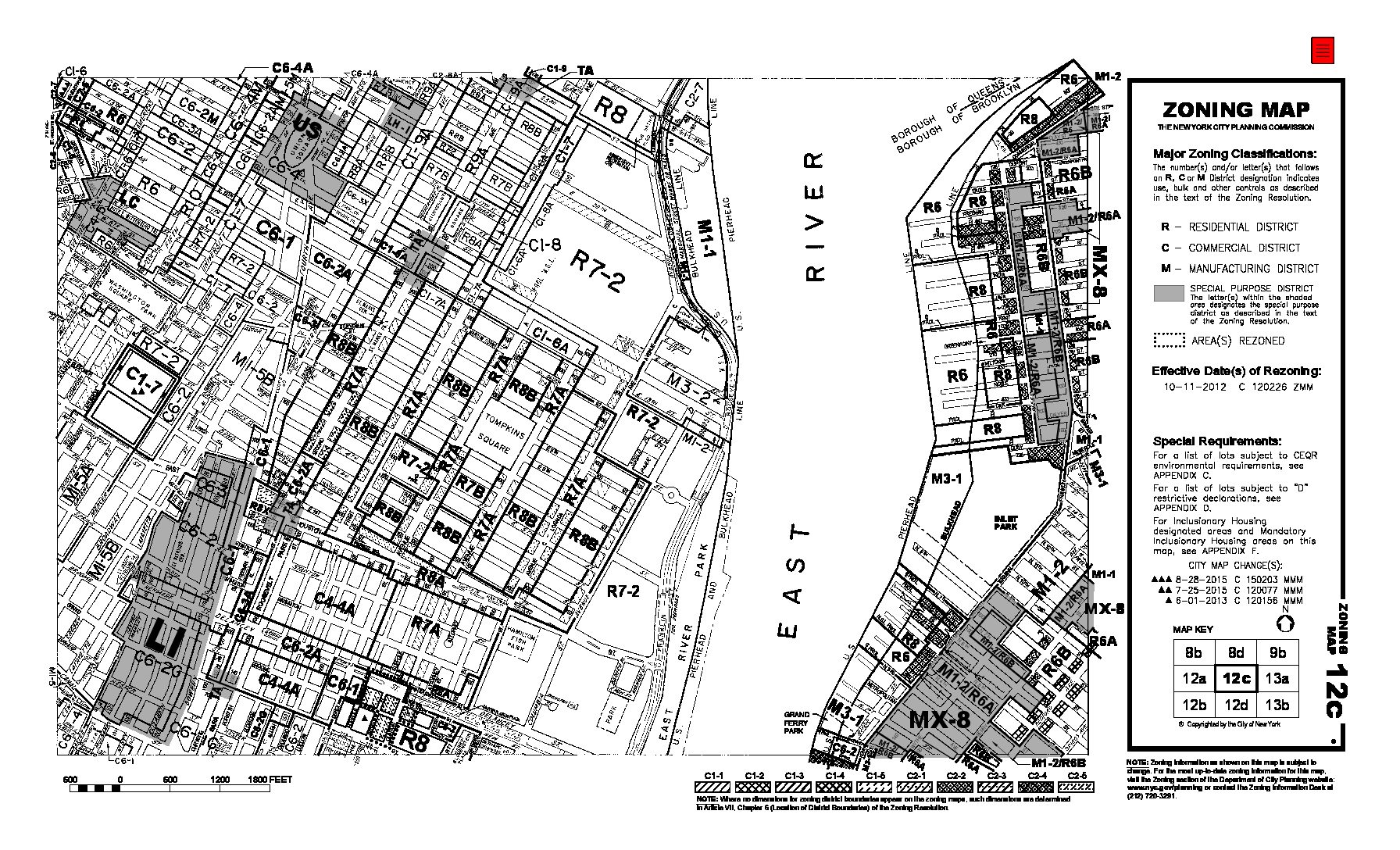This week Lily M. Fan was confirmed by the New York State Senate as a Commissioner of the New York State Liquor Authority. Ms. Fan, a graduate of Yale College and Yale Law School, was born in Hong Kong and speaks fluent Cantonese. She is a New York City resident and was appointed a member of Manhattan Community Board 4. She served as the Board’s Co-Secretary from 2016 to 2017.
Ms. Fan was previously a lawyer at the law firms of Shearman & Sterling LLP and Morrison & Foerster LLP, specializing in white-collar criminal litigation and securities class actions. She also served as Legislative Counsel in the New York State Senate in 2010. Ms. Fan founded Scandobean Productions LLC, a theatrical and film production company, in 2010. She also has a real estate business and mediates family, entertainment, and other contract disputes.
Ms. Fan is a Tony-nominated and Oliver-nominated theatre and documentary film producer. She is currently supporting numerous Broadway productions. She was recently represented on Broadway in the new plays Chinglish and Hand to God, and the revivals of Jesus Christ Superstar and Love Letters. Ms. Fan was also an Executive Producer of Weiner, a documentary feature about Anthony Weiner’s 2013 campaign for New York City Mayor, which received the U.S. Documentary Grand Jury Prize at the 2016 Sundance Film Festival.
Ms. Fan is a Member of the Board of Advisors at the Yale School of Drama. She serves as Secretary to the Board of Trustees of the Lark Play Development Center. She is the Treasurer to the Board of Directors of The Lilly Awards. She is a member of the New York City Bar Association’s Land Use Planning and Zoning Committee. She is also a member of the National Committee on United States-China Relations and she serves as a trustee to both her parents’ charitable foundations.
In recent years there has been a surge of private members clubs wanting to open in New York City, many born in London where there are hundreds of clubs. Bernstein Redo, P.C. client Soho House, which opened on Ninth Avenue in 2003, set the bar, and now everyone wants in. We have particular expertise in this, and have counseled many members clubs including Ludlow House, Dumbo House, Neuehouse, The Wing, Zero Bond, 5 Hertford Street, Groucho Club, Norwood, Classic Car Club, and others in navigating the uncommon license laws of New York. New York law dictates who can apply for a members club liquor license, where such clubs may be located, and imposes strict rules regarding who the members club may allow in and that also control how it may operate. These differ significantly from the laws that govern hotels, restaurants and bars that are open to the general public. When faced with the maze of rules on members clubs that can seem daunting, we are constantly asked, “how does Soho House do it?” We know, because we did it.
Last September Mayor Bill DiBlasio created the Office for Nightlife for New York City, and this weekend named Ariel Palitz as its first Executive Director. Ariel, a former bar owner was also a member of Manhattan Community Board 3. The Office for Nightlife will be part of the Office of Media and Entertainment headed by Commissioner Julie Menin. In a post she wrote after her appointment, Ariel said “I look forward to working together with the Advisory Board, and hearing feedback from nightlife operators, curators and community to ensure that New York culture is not only preserved, nurtured and protected, but respected.” We congratulate our friend, Ariel, and look forward to working with her team on nightlife issues.
Richie Akiva’s Butter Group, whose holdings include 1 Oak, was approved by the New York State Liquor Authority yesterday for a planned new restaurant in the basement of what was Spice Market on Ninth Avenue and 13th Street. Butter Group will partner in the new space with chef Marc Forgione, who is also an owner of American Cut. The new Meatpacking District restaurant will feature Italian-Mediterranean fare. At the SLA hearing yesterday a number of residents as well as a representative from Manhattan Community Board 2 opposed the application. It was approved however with restrictions on the proposed method of operation, including hours.
New York Eater.com names Nusret Steakhouse, DaDong, Ferris, and L’Atelier del Joel Robuchon, among the top five of the hottest restaurants in Manhattan right now. Rounding the list of the top twelve includes Tetsu and Juku. Bernstein Redo, P.C. is proud to be part of all of those six winning teams.
On Friday February 9, 2018 at 9:30 a.m. Bernstein Redo, P.C.’s Donald Bernstein will teach a three hour class sponsored by the National Law Institute on New York Retail Liquor Licenses at 1585 Broadway in Manhattan. This class will be for 3 continuing legal education credits, though it is not limited to attorneys. Anyone interested may attend. The class will review all aspects of the licensing law and process, including who may be licensed and who may not, the tied-house rule, the 200 foot rule, and the public interest test of the 500 foot rule, the legal and practical challenges of licensing a hotel, issues regarding licensing private members clubs, temporary permits, the community board process, and other issues. Registration is through the National Law Institute website, www.nationallawinstitute.com.
On January 11, 2018 three standing committees of the New York State Assembly held a joint hearing on the public health and criminal justice implications of the legalization of marijuana in New York. Assembly Member Joseph R. Lentol, Chair of the Committee on Codes, extended an invitation to Bernstein Redo, P.C.’s Donald Bernstein to testify at that hearing to which a number of law enforcement, health professionals, and attorneys were invited. Mr. Bernstein spoke on proposed rules and legislation providing for the licensing of retail stores in New York that would be permitted to sell cannabis under the proposed law, analyzing its similarity with existing liquor laws and regulations and comparing it with existing legislation in other states, such as Colorado and Oregon. In response to inquiries by one of the bill’s sponsors, Assembly Member Chrystal Peoples-Stokes, Bernstein proposed and discussed changes to the pending legislation.
Upstate New York giant liquor and wine wholesaler Southern Glazers Wine and Spirits, the largest in the country, was fined a whopping $3.5 million by the New York State Liquor Authority yesterday. This is the largest fine ever imposed by the SLA. An investigation into its “pay to play” activities began in January 2016. Southern salespersons allegedly swiped their company credit cards at favored retail licensed establishments without receiving anything in return. This, according to the SLA, was intended to influence the retailer’s decision to buy products from Southern, a violation of the “gift and services” prohibition of state law. SLA Chairman Vincent Bradley called the extent of the violations “staggering.”
Last week, the New York City Council voted nearly unanimously to repeal what is referred to as the Cabaret Law, subchapter 20 of chapter 2 of title 20 of the Administrative Code of the City of New York. That section had required premises where there is dancing or other conditions stated in the law to obtain a cabaret license from the New York City Department of Consumer Affairs.
The Cabaret Law was first introduced in 1926 to supposedly crack down on racketeers, though according to the October 30, 2017 City Council’s Committee Report of the Governmental Affairs Division, Committee on Consumer Affairs, some argued the law’s true aim was to prevent interracial mingling in Harlem jazz clubs. Over the decades there were a number of legal challenges to the law; some were successful and certain provisions of the cabaret law were struck down, and some, specifically related to dancing, were not. Many venues, including hotels and restaurant/lounges, that are not nightclubs, have suffered violations of the law simply when patrons standing at the bar dance or sway to music. This often resulted in the issuance of criminal court summonses, and license revocations proceedings by the New York State Liquor Authority. Enforcement however has been inconsistent.
After an exhaustive review and intense lobbying, the new local law sponsored by Councilmember Rafael Espinal and approved by the City Council repeals subchapter 20 and does away with the requirement to obtain a cabaret license for public dancing from the Department of Consumer Affairs. No specific permit will be required specifically for dancing under the new regulation, once it becomes law.
For premises that carry zoning use group 12, however, the new law still imposes requirements that are important to be aware of. Use group 12 applies to large entertainment facilities and includes pool halls, bowling alleys, eating and drinking establishments with entertainment for over 200 people, or any premises where there is public dancing. The new requirements include having digital video surveillance cameras at all entrances and exits with specific light and speed requirements that must be in operation during all hours of operation and for two hours after closing. The recordings must be preserved for a minimum of 30 days and signs must be posted notifying the public of the use of video surveillance. The new regulations will also require eating and drinking establishments that operate under use group 12 to have proof that each security guard and security guard company is registered as required by law. The law also specifically denotes what constitutes a security guard.
The repeal and new rules are awaiting signature by the mayor whereupon after a 120 day waiting period it will become law.
An article in the New York Times on August 24, 2017 bemoaned the high rents and vacant storefronts in SoHo. Retail rents soared between 2010 and 2014 by 90%, far above other areas of Manhattan. The area became a hub of large flagship stores, such as the 55,000 square foot Nike store on Broadway and Spring Street. Local residents, block associations, and even elected officials were not so happy about that, wanting instead to retain their vision of SoHo with low-scale buildings, artists’ lofts, and small independent retailers. Towards that end, there are special zoning restrictions in SoHo that limit the size of stores to no more than 10,000 square feet. There are also specific zoning restrictions in SoHo and other parts of the City that limit the size of eating and drinking establishments. The Zoning Resolution limits eating drinking establishments in M1-5A and M1-5B districts to 5,000 square feet. Other portions of the Resolution limit other areas to 3,500 square feet. Be aware of these restrictions if you are planning to open a restaurant or bar, and speak with a zoning expert.










